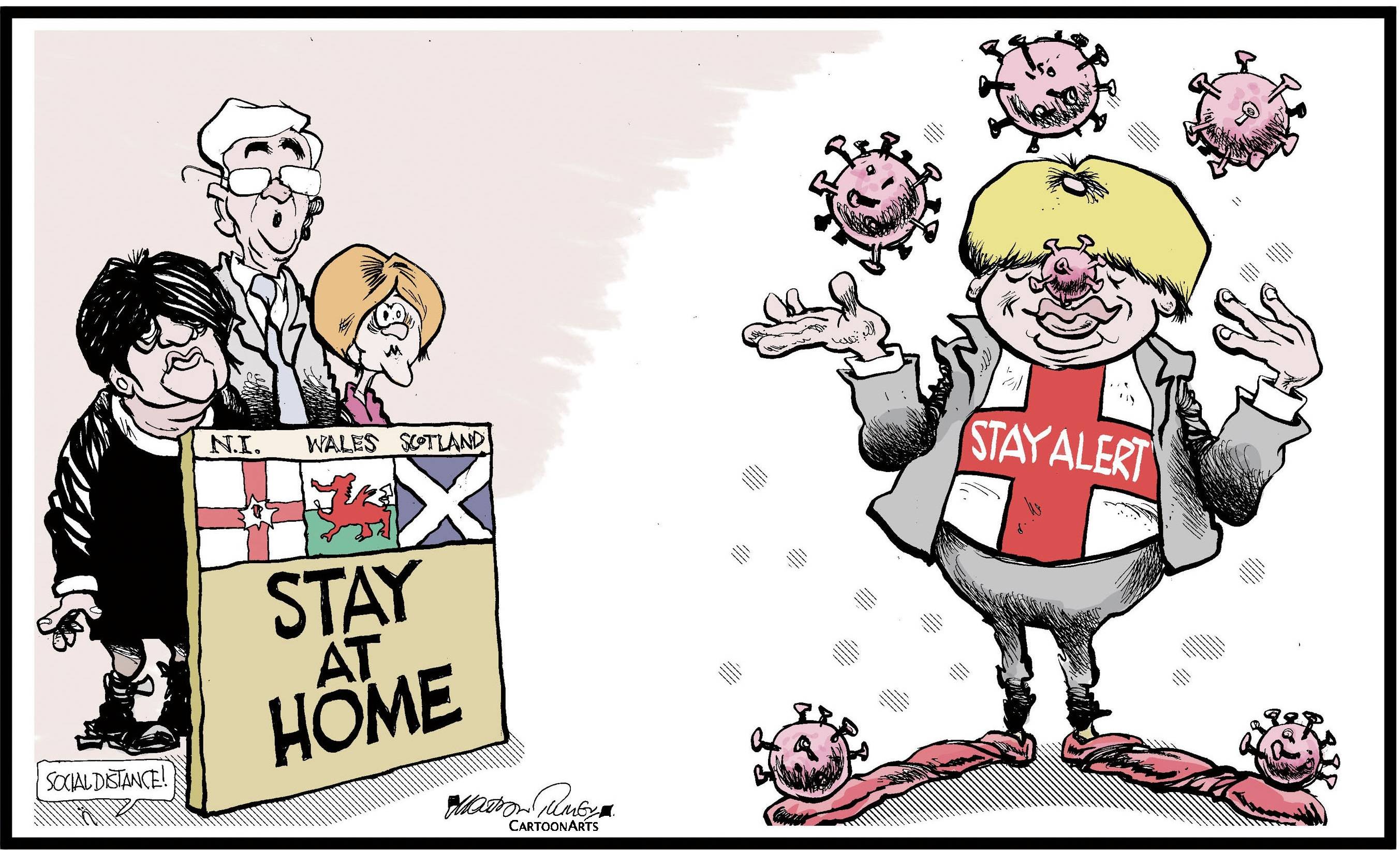As the United Kingdom fights its way out of the COVID-19 lockdown, and at the same time stumbles toward the final arrangements for exiting from the European Union, a new preoccupation takes hold. This is to preserve at all costs the whole of the U.K. itself as the single market it has been for several centuries past, embracing the four U.K. nations of England, Scotland, Wales and Northern Ireland, and to prevent its breakup.
The situation is not without irony. The Brexit priority under the government led by Prime Minister Boris Johnson has been to depart cleanly from the EU single market project (a project still, it must be said, far from completion). Now the spotlight turns on a different single market, the infinitely older but of course much smaller single market — the U.K. itself.
How to reconcile these two apparently contradictory aims? The obvious argument is that the EU single market erodes national sovereignty, whereas the U.K. market reinforces it. More specifically the contention is that the EU system, with its inherent protectionism — especially for farmers and other traditional industries — is a drag on the British economy and its potential.

















With your current subscription plan you can comment on stories. However, before writing your first comment, please create a display name in the Profile section of your subscriber account page.